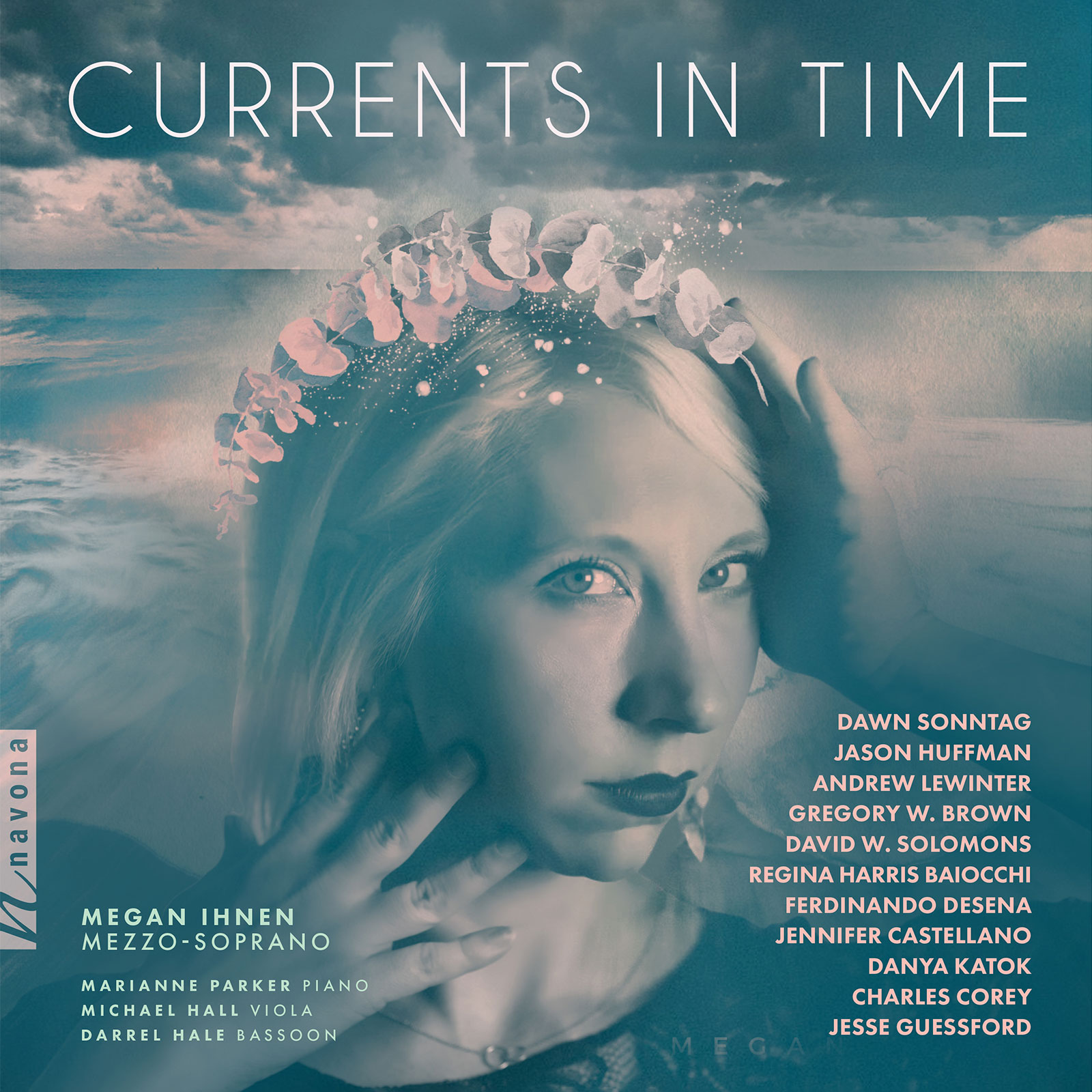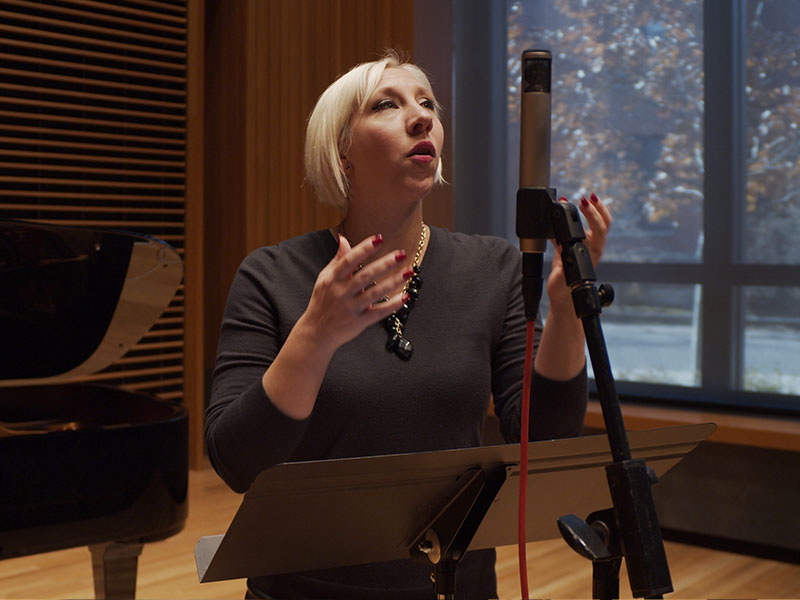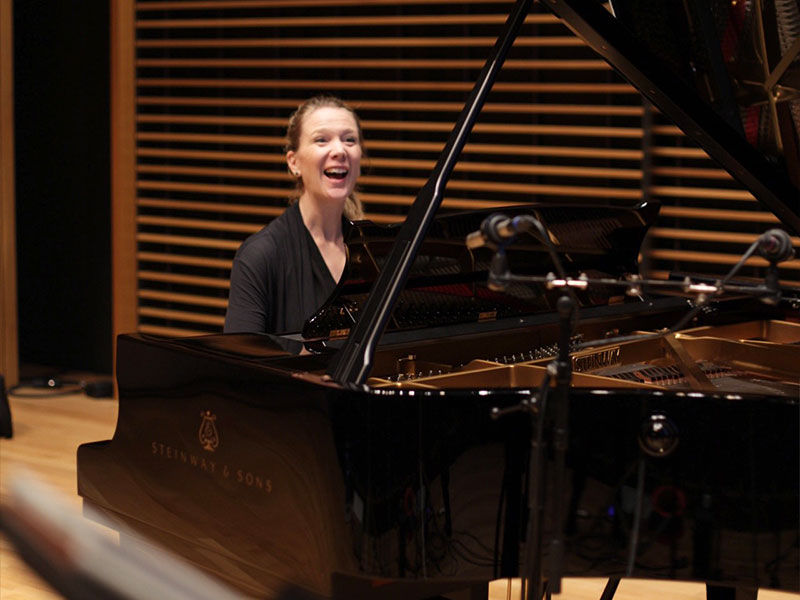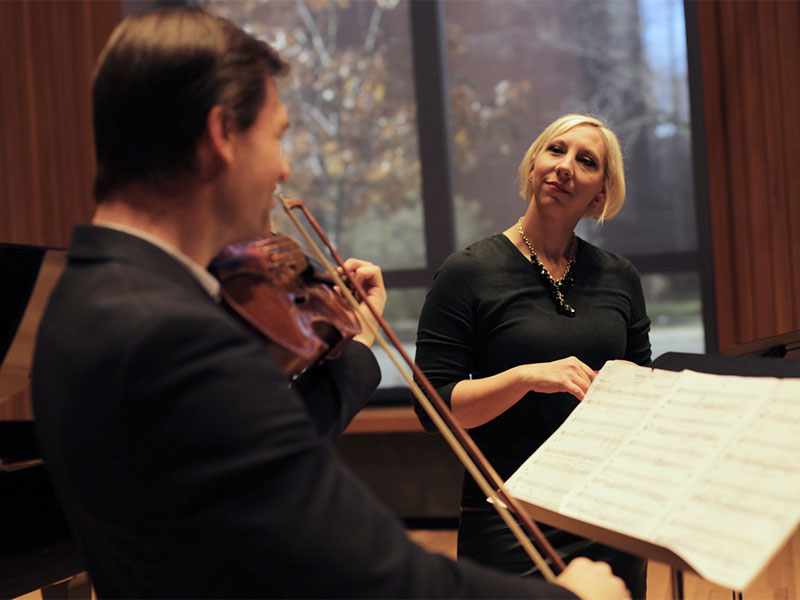Currents in Time
Megan Ihnen mezzo-soprano
Dawn Sonntag composer
Jason Huffman composer
Andrew Lewinter composer
Gregory W. Brown composer
David W. Solomons composer
Regina Harris Baiocchi composer
Ferdinando DeSena composer
Jennifer Castellano composer
Danya Katok composer
Charles Corey composer
Jesse Guessford composer
Marianne Parker piano
Michael Hall viola
Darrel Hale bassoon
There are great singers, and then there are great singers who break the mold, pushing both the musical and organizational boundaries of their craft. American mezzo-soprano Megan Ihnen impressively demonstrates her affiliation with the latter group on CURRENTS IN TIME, once more employing her formidable talents as both a 21st-century vocalist and impresaria to shine a light on a varied array of contemporary composers.
CURRENTS IN TIME showcases the profundity of the human voice in a prime selection of a cappella and subtly orchestrated compositions, whose lyrical foundations are as diverse as the emotional states transported: from grief to joy, modesty to hubris, and self-doubt to unshakable faith and valor. A joint effort which, thanks to Ihnen’s competent aegis and musicianship, proves to be far more than the sum of its parts.
Listen
Stream/Buy
Choose your platform
Performance Video
David Solomons – The Centipede | Megan Ihnen, mezzo-soprano; Darrel Hale, bassoon
Track Listing & Credits
| # | Title | Composer | Performer | |
|---|---|---|---|---|
| 01 | Come Up from the Fields, Father | Dawn Sonntag | Megan Ihnen, Mezzo-soprano; Marianne Parker, piano | 6:49 |
| 02 | Sea Calm, Moonlight Night, Island: I. Sea Calm | Jason Huffman | Megan Ihnen, Mezzo-soprano | 1:21 |
| 03 | Sea Calm, Moonlight Night, Island: II. Moonlight Night: Carmel | Jason Huffman | Megan Ihnen, Mezzo-soprano | 1:21 |
| 04 | Sea Calm, Moonlight Night, Island: III. Island | Jason Huffman | Megan Ihnen, Mezzo-soprano | 1:20 |
| 05 | Because I could not stop for Death | Andrew Lewinter | Megan Ihnen, Mezzo-soprano; Marianne Parker, piano | 4:48 |
| 06 | Washing Water Buffalo in the Ocean | Gregory W. Brown | Megan Ihnen, Mezzo-soprano; Darrel Hale, bassoon | 3:50 |
| 07 | The centipede - Le Mille-Pattes | David W. Solomons | Megan Ihnen, Mezzo-soprano; Darrel Hale, bassoon | 2:34 |
| 08 | Landscapes | Regina Harris Baiocchi | Megan Ihnen, Mezzo-soprano; Michael Hall, viola; Marianne Parker, piano | 8:20 |
| 09 | O Rose! Who Dares to Name Thee? | Ferdinando DeSena | Megan Ihnen, Mezzo-soprano; Marianne Parker, piano | 9:00 |
| 10 | Mine to Keep | Jennifer Castellano | Megan Ihnen, Mezzo-soprano; Marianne Parker, piano | 2:05 |
| 11 | ‘Tis a Fearful Thing | Danya Katok | Megan Ihnen, Mezzo-soprano | 1:27 |
| 12 | Symmetries of Consciousness: I. Connubial | Charles Corey | Megan Ihnen, Mezzo-soprano; Michael Hall, viola | 6:19 |
| 13 | Symmetries of Consciousness: II. On the Fourth Day | Charles Corey | Megan Ihnen, Mezzo-soprano; Michael Hall, viola | 2:32 |
| 14 | River House: I. How do you picture the shape of a year | Jesse Guessford | Megan Ihnen, Mezzo-soprano; Marianne Parker, piano | 5:55 |
Recorded November 29-30, December 1-3, 2021 at Murray and Michele Allen Recital Hall, DePaul University, Chicago IL
Producer Brad Michel
Recording Engineer Hudson Fair
Executive Producer Bob Lord
Executive A&R Sam Renshaw
A&R Director Brandon MacNeil
A&R Danielle Lewis, Quinton Blue, Jacob Smith, Morgan K Santos
VP of Production Jan Košulič
Audio Director Lucas Paquette
Production Director Levi Brown
Production Assistant Martina Watzková
Editing, Mixing & Mastering Brad Michel
VP, Design & Marketing Brett Picknell
Art Director Ryan Harrison
Design Edward A. Fleming, Morgan Hauber
Publicity Patrick Niland, Brett Iannucci
Content Manager Sara Warner
Artist Information
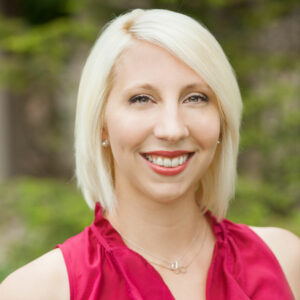
Megan Ihnen
Megan Ihnen is a “new music force of nature.” The act of live performance is integral to Ihnen’s work and her performances thrive on elaborate sound worlds and fully-developed dramatic interpretations. Through narrative and non-narrative musical storytelling, she explores the subjects of memory, nostalgia, the perception of time, and relationships. Whether through chamber music, staged recitals, opera, or large ensemble soloist work, she emphasizes the full range of vocal sounds, timbres, colors, and uses that characterize the 21st century voice.

Dawn Sonntag
Composer Dawn Sonntag translates the experience of being human into music that has been called “hauntingly lyrical” (Schaumburg-Lippe Landeszeitung), “visceral,” and “freshly relevant.” Her operas have been featured at the Cleveland Opera Theater’s New Opera Works festival, the Hartford Women’s Composers Festival, the Hartford Opera Theater’s New in November festival, and the Opera from Scratch festival in Halifax. Based on the true story of World War II refugees, her first opera, Verlorene Heimat, for which she wrote the libretto and music, won Honorable Mention in the 2021 American Prize for composition. Her settings of Sara Teasdale’s poetry are included in the new Modern Music for New Singers: 21st Century American Art Song.
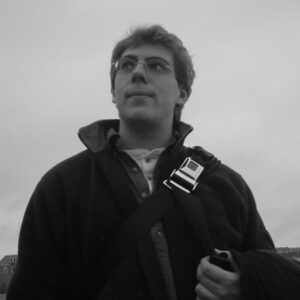
Jason Huffman
Jason Huffman (b.1978) was born and raised just outside Minneapolis and has made Boston his home for over 20 years. Though not exposed to classical music at an early age, he was drawn to self-taught score study after performing a band arrangement of Haydn’s Trumpet Concerto in high school. From there emerged a fledgling series of solo works — mostly in concerto form — for various instruments and full orchestra as studies in writing, first for his own instrument, and then for more-and less-familiar ones (trumpet, piccolo trumpet, horn, violin, horn, clarinet, oboe).
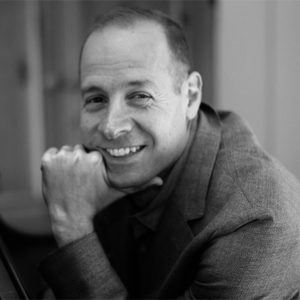
Andrew Lewinter
Before turning his attention to composition, Andrew Lewinter had a long and varied career as an orchestral horn player and soloist. As a composer, Lewinter has a decidedly tonal and neo-romantic style that is often very contrapuntal and always emotionally gripping. His works include sonatas for each of the brass instruments and piano, a quartet for trumpet, horn, trombone and piano, quintets for both horn and string quartet and oboe and string quartet, a woodwind quintet, a string quartet, and a trio for oboe, horn, and piano, among other works scored for a variety of chamber ensembles. Lewinter’s compositions have been widely performed and recorded, and are available on Navona Records and Ablaze records.
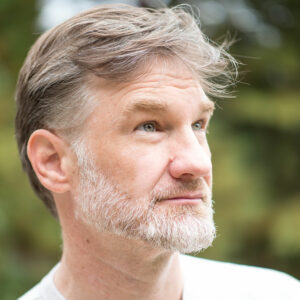
Gregory W. Brown
Composer Gregory W. Brown’s works have been performed across the United States and Europe — most notably in Weill Hall at Carnegie Hall in New York City, Cadogan Hall in London, and the Kleine Zaal of the Concertgebouw in Amsterdam. His commissions for vocal ensemble New York Polyphony have been heard on American Public Media’s Performance Today, BBC Radio, Minnesota Public Radio, Kansas Public Radio, and Danish National Radio; his Missa Charles Darwin received its European debut in March 2013 at the Dinosaur Hall of Berlin’s Museum für Naturkunde.

David Warin Solomons
David Warin Solomons (b. 1953) began his musical career relatively late, taking up the violin at the age of 14 and the classical guitar a few years after that. Most of his musical expression in composition has been based on the principle of "learning by doing," liberally seasoned with musical collaborations. The first of these collaborations, as far back as 1969, was with two pen-friends in France and Germany, which gave rise to several trios for the unusual combination of violin, trumpet, and piano. Solomons moved on to Christ Church at Oxford University in 1972 to study French and German and also began to sing there on a regular basis, eventually settling on alto as his preferred range. At Oxford he met lots of great musicians, many of whom had important influences on his compositional style.
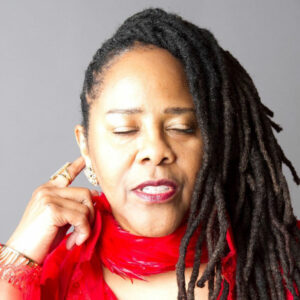
Regina Harris Baochi
Regina Harris Baiocchi is a composer, author, and poet. Her music has been performed by the Detroit Symphony Orchestra, Chicago Symphony Orchestra, Los Angeles Philharmonic, National Symphony Orchestra, Seattle Philharmonic, U.S. Army Band, American Guild of Organists, Chicago Brass, Gaudete Brass, and Milwaukee Brass quintets, Lincoln Trio, Avalon String Quartet, and other acclaimed artists. Baiocchi has written music for symphony orchestra, a mass, libretto, opera, marimba concerto, hand drum concerto, ballet, chamber ensembles, choral, jazz, gospel, solo: voice, flute, oboe d’amore, bass oboe, clarinet, trumpet, trombone, piano, and pipe organ.
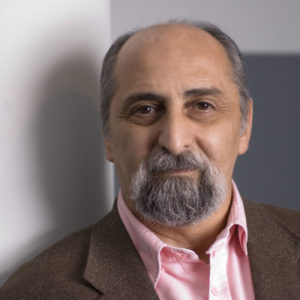
Ferdinando DeSena
Ferdinando DeSena is a Miami-based composer who was born in Brooklyn NY. His earliest musical experiences were with neighborhood pop, rock, and doo-wopp groups. He worked as a musician in Ithaca NY for 13 years, playing in several regional bands as keyboard player and lead singer. His final group was Uptown Revue, which he led for seven years.
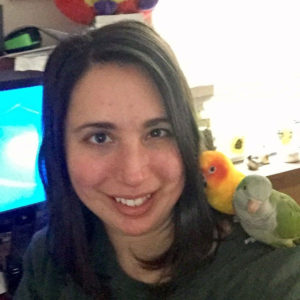
Jennifer Castellano
Jennifer Mary Castellano received her Bachelor of Arts in Music in classical piano from Manhattanville College and a Master of Music in composition from State University of New York at Purchase. She has studied piano with Donna DeAngelis, Catherine Coppola, and Flora Lu Kuan and composition with Mary Ann Joyce-Walter, Huang Ruo, and Joel Thome. She has also studied organ with David Baranowski and Jennifer Donelson-Nowicka.
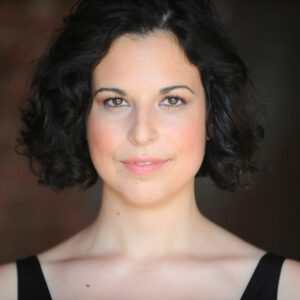
Danya Katok
Danya Katok, originally from State College PA, is an exceptionally versatile vocalist whose repertoire ranges from the pure straight tone of plainchant to the lush soprano of the Romantic era and the exciting belt of musical theater. She has performed in many of the country's top concert halls, including all three stages at Carnegie Hall, the State Theater and David Geffen Hall at Lincoln Center, Brooklyn Academy of Music, Kennedy Center, and Symphony Hall. She made her New York City Opera debut as Max in Oliver Knussen's Where the Wild Things Are, a role for which she was praised by The New York Times as being “superb."
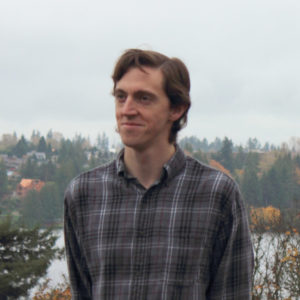
Charles Corey
Charles Corey is an American composer holding a Ph.D. in Music Composition and Theory from the University of Pittsburgh. His approach to composition exploits and subverts the relationships that exist between different tuning systems. Corey's compositions, known for their unexpected, evocative harmonies and their strong dramatic arcs, have been played across Europe and the Americas by performers including Cikada Ensemble, Iktus Percussion, Kjell Tore Innervik, Ere Lievonen, Inverted Space, and Entelechron, and recognized by the Young Virtuosos Foundation, the Foundation for Modern Music, and the Sociedade Pró-Sinfônica de Limeira.
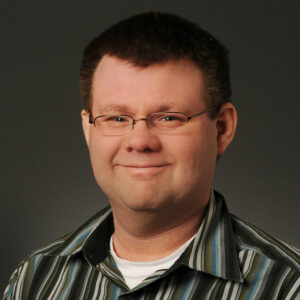
Jesse Guessford
Dr. Jesse Guessford serves as Director of Curriculum Undergraduate Education and as Associate Professor in the School of Music at George Mason University. Guessford received a B.S. in Music Education from West Chester University, a M.M. in Music Composition from the Crane School of Music, and a D.M.A. in Music Composition from the University of Illinois at Urbana-Champaign. Guessford has focused on the scholarship of teaching with and about technology and the music of John Cage. In addition, his music focuses on human and computer interplay.

Marianne Parker
Pianist Marianne Parker’s playing has been described as “a cut above…her sympathetic fingers offering well-sculpted phrases and impassioned pealing” (Chicago Classical Review). Her work can be heard on three commercially released albums, Pages intimes (2019), Pyano Sa (2020), and CURRENTS IN TIME from Navona Records featuring mezzo-soprano Megan Ihnen. Parker is a curator for an upcoming anthology of 21st century works for solo piano through NewMusicShelf Publishing.
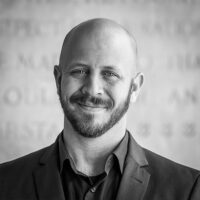
Darrel Hale
Darrel Hale joined the UNT College of Music in August of 2021 as the associate professor of bassoon. A native of Denver CO, he is Principal Bassoon of the Baton Rouge Symphony Orchestra. Prior to his position at UNT, he was a member of the faculty at Louisiana State University. He served as acting principal bassoon of the Knoxville Symphony Orchestra under Lucas Richmond.

Michael Hall
Michael Hall lives in Chicago and has performed and taught across Europe, Asia, and the United States. Described by the New Music Connoisseur as “utterly masterful,” and Chamber Music Today as having “superb technique,” he recently made his Chicago Orchestra Hall solo debut performing the world premiere of Kim Diehnelt’s Montegar, and concluded a recital tour to Vienna, Austria and Udine and Tolmezzo, Italy. Hall has been a featured performer at the Thailand International Composition Festival in Bangkok, the Positano Chamber Music Festival in Italy, the Vianden International Chamber Music Festival in Luxembourg, and the Composer’s Concordance Series in New York City. In January 2018, Hall gave the world premiere of Stacy Garrop’s Viola Concerto Krakatoa with the Bandung Philharmonic in Indonesia.
Notes
Texts
Videos
Go behind the scenes of CURRENTS IN TIME with performer Megan Ihnen.
